If your heat pump is leaking, then it is something that needs to be addressed. However, how do you assess the problem and diagnose why this is happening? We will discuss the possible culprits that we've researched below.
If your heat pump is leaking, then you should check the following:
- Clogged Condensation Drain
- Broken Overflow Pan
- Frozen Evaporator Coil
- Dirty Evaporator Coil
- Faulty Reversing Valve
While a leaking heat pump isn't an emergency, you should address it, so it doesn't cause more significant problems. In this article, we will look at the warning signs of each of these culprits. In addition, we will discuss and answer other frequently asked questions about the heat pump in your home, so read on!
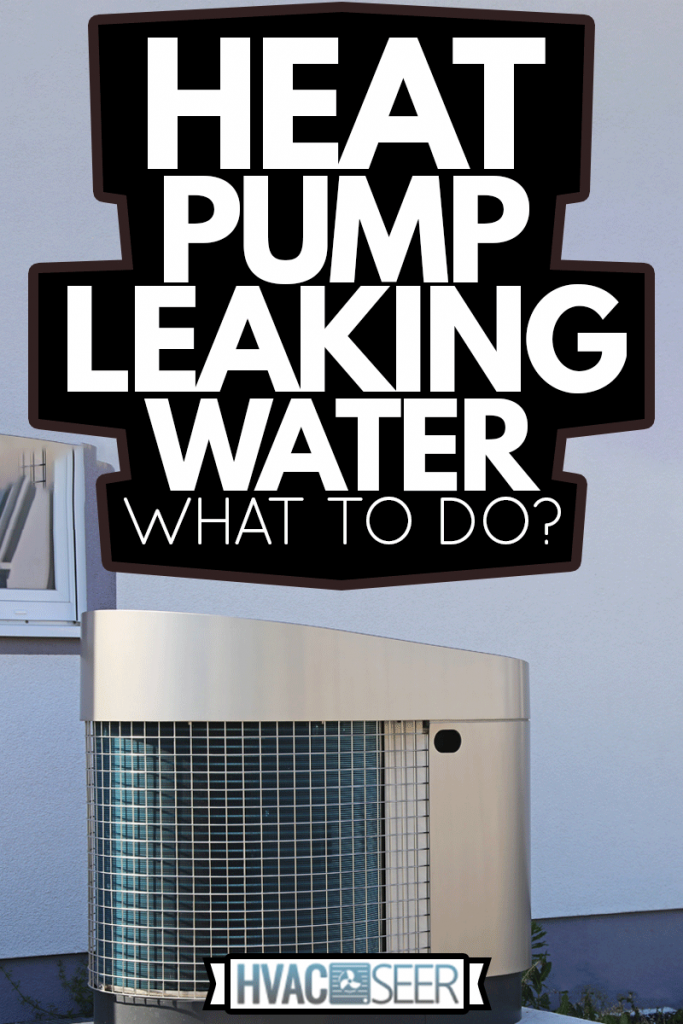
Heat Pump Leaking Water - What To Do?
A heat pump is a device used to heat and cool a building. There are three main types of heat pumps: air-source, water-source, and ground-source. The most common type in use today is the air-source heat pump, which is used in a majority of homes.
The main critical components that make up a heat pump are the outdoor compressor (condenser), which compresses and then pumps refrigeration fluid through the system; the indoor evaporator coil; and the reversing valve, which re-cycles the refrigeration fluid back to the outdoor unit during cooling mode.
A heat pump system will have a drain line with a condensate pump, which extracts excess water from the refrigerant loop and discharges it outside. In order for this system to work properly, the condensate pump needs to be clear of debris. Additionally, when you use an HVAC service professional, they should clean your outdoor condenser coil and drain line.
Suppose the outdoor unit is located in a particularly harsh environment, such as on a rooftop. In that case, there is also typically an overhead pan system to collect water from any leaks. If either of these two components is clogged with debris or frozen over, it will cause the pump to release excess water into your home.
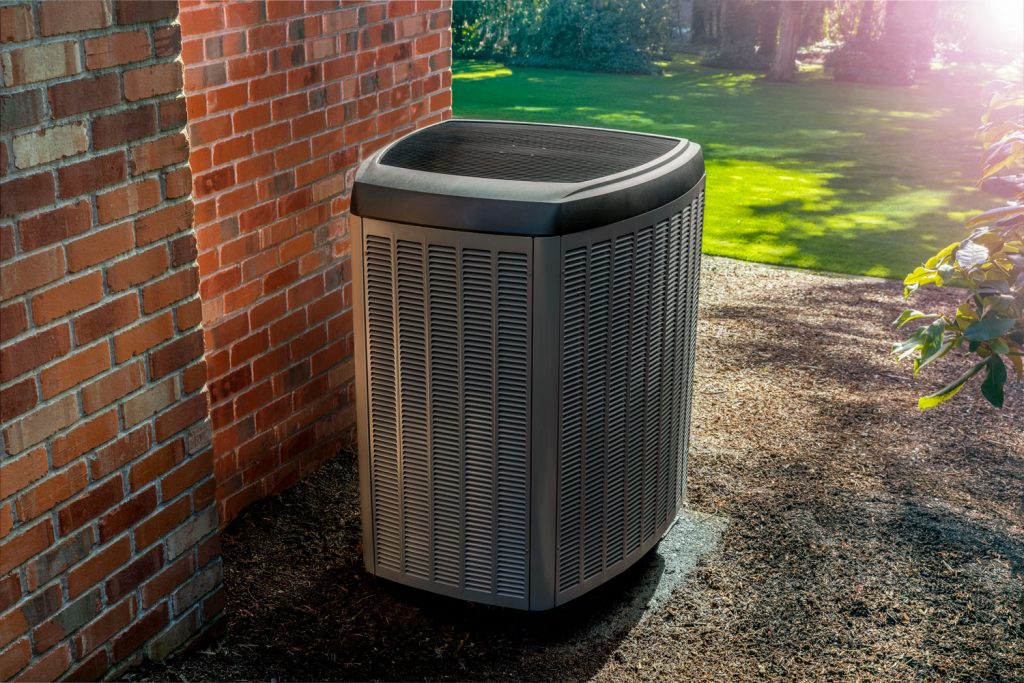
How can you tell if your heat pump is leaking water?
If the system is leaking, you will typically see water pooling around the unit's base. There may be visible puddles of water on the ground or even excess moisture in your home. This may cause mold to build up or increase your energy bills due to the additional work required for your furnace to dry the air.
It is important to address this problem as soon as possible so that it does not lead to bigger issues. However, in order to address this issue, it is important to pinpoint the problem.
Listed below are the most common culprits that can cause your heat pump to leak.
Clogged Condensation Drain
You will see water leaking out of the outdoor unit for a clogged condensate drain, soaking your insulation or accumulating underneath it. If this happens, remove any debris stuck in the pan.
Broken Overflow Pan
If you have a broken overflow pan, it will leak water either onto your insulation or the ground beneath the unit. A cracked pan is most commonly due to heavy snow or ice that has fallen on top of it, which can crack it without notice. If this happens, replace the overflow pan with the same size as the old pan.
Frozen Evaporator Coil
If your evaporator coil is frozen, you will have a cold room, which can cause your furnace to work harder and less efficiently. If the coil freezes over, turn on your heat pump's fan switch so that it blows air across the evaporator coils. This should melt the ice.
Dirty Evaporator Coil
If your evaporator coil is dirty, this will prevent proper airflow from reaching the coil, which can cause it to freeze over. Cleaning out a dirty evaporator coil depends on whether or not your unit features self-cleaning technology. If so, then follow the instructions provided in your owner's manual. If not, then you will need to clean the coils manually.
Faulty Reversing Valve
If your reversing valve is faulty, it can cause ice to form on your evaporator coil and your heat pump to leak water. Therefore, a faulty reversing valve should be replaced as soon as possible so that everything functions properly again.
Is It Normal For a Heat Pump to Leak Water?
Typically, a heat pump is designed to leak very little water. However, due to condensation, you will see some leakage coming off the heat pump into the drip pan.
However, if it does start leaking where it is pooling water, this is usually due to an issue with the system, and it should be repaired as soon as possible. In addition, you can avoid having issues such as frozen coils by scheduling routine cleaning and maintenance with an HVAC professional at least once per year.
Why Is My Heating Unit Leaking Water?
There are many potential causes for water to leak from your heating unit. Clogged condensate drain lines, overflow pans, and coils are most common.
A clogged condensate drain line or pan can cause the unit to release excess water into your home, which could lead to mold and high energy bills. In addition, a dirty evaporator coil can freeze over, which will prevent the unit from operating properly.
Whenever an issue is detected, it should be repaired immediately to ensure that your heating unit continues to operate efficiently and safely.
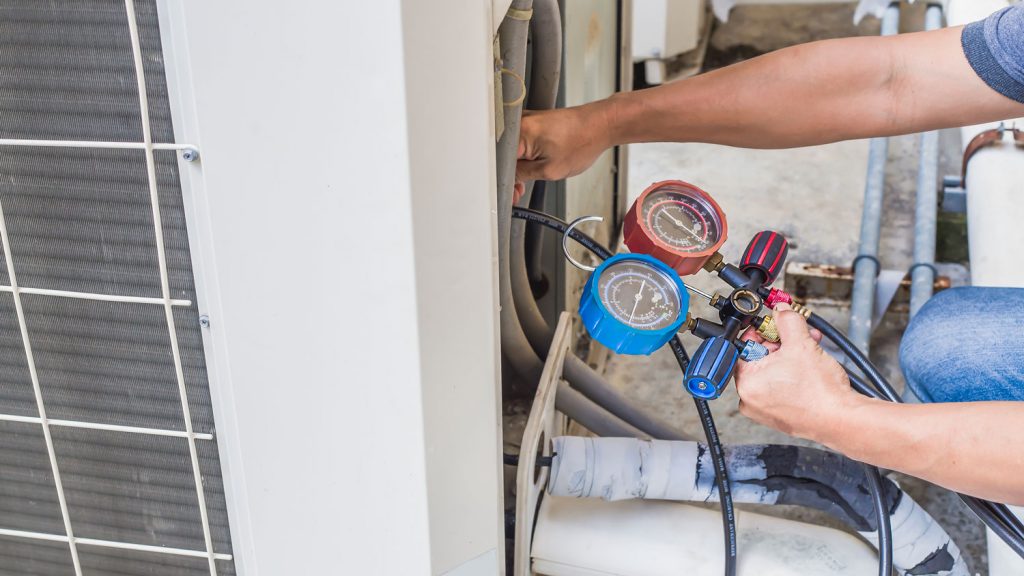
How Do You Find A Leak In A Heat Pump?
Finding a leak in your heat pump can be challenging without the proper equipment. Your water heater might have been leaking for months before you noticed it, so don't expect to catch a heat pump leak quickly.
The best way to find a leak is with moisture detecting dyes or gels. You can use these on your unit's drip pan or other parts of your system. You should be able to find dyes and gels easily at your local hardware store, as well as online.
Make sure you read the instructions carefully before applying this product so that it does not damage anything else around the unit.
In addition, your heat pump may make a hissing sound from the source of the leak. If you suspect that your heat pump is leaking, contact an HVAC professional immediately.
Manufacturers' warranties cover many heat pumps, so check what yours covers. If you have an older unit without any warranty coverage, buying a new one might be cheaper than paying for the repairs.
How much is a heat pump?
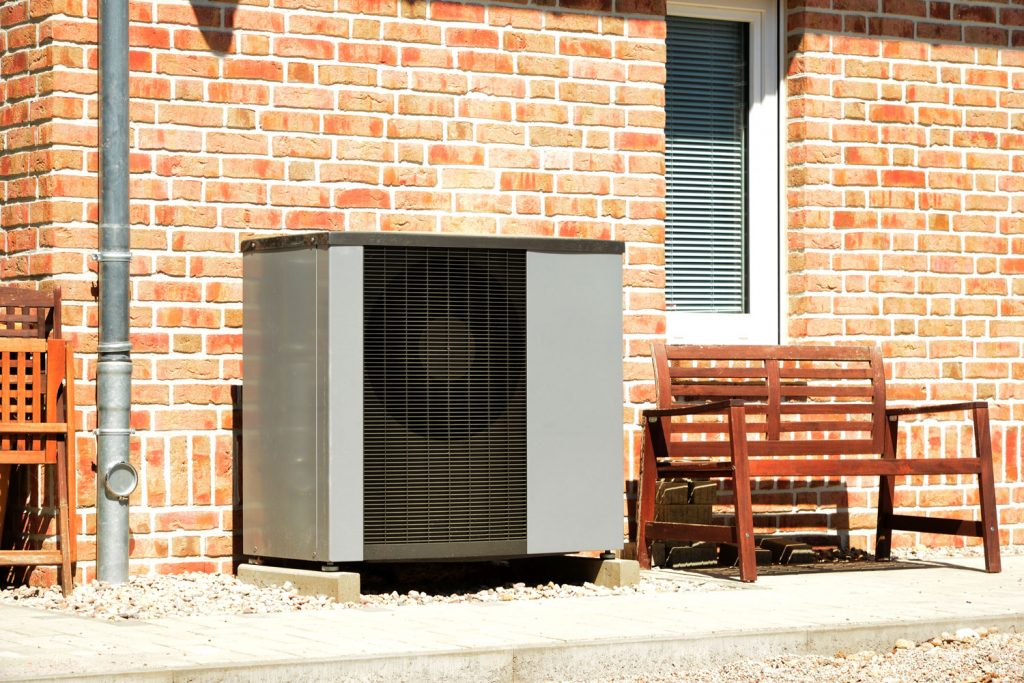
A heat pump's price varies based on a number of factors, including size and capacity. Therefore, if you're shopping for a new unit, it would be best to get at least three quotes from separate companies to have some idea of the market value.
That being said, suitable heat pumps can cost low to mid-thousands of dollars. If you're looking for a good deal, consider buying a used unit from a reputable company. Also, ensure that it has been inspected and is in proper working order.
How much does it cost to repair a heat pump?
Repairs for your unit can also vary depending on the problem. For example, if you have a clogged condensate drain line, this might be an easy fix by cleaning out the inside of the line with a wire hanger.
On the other hand, if your evaporator coil has become damaged and leaking water, the unit will need to be replaced. Since so many factors can affect your repair costs, it's best to consult an HVAC professional for an estimate.
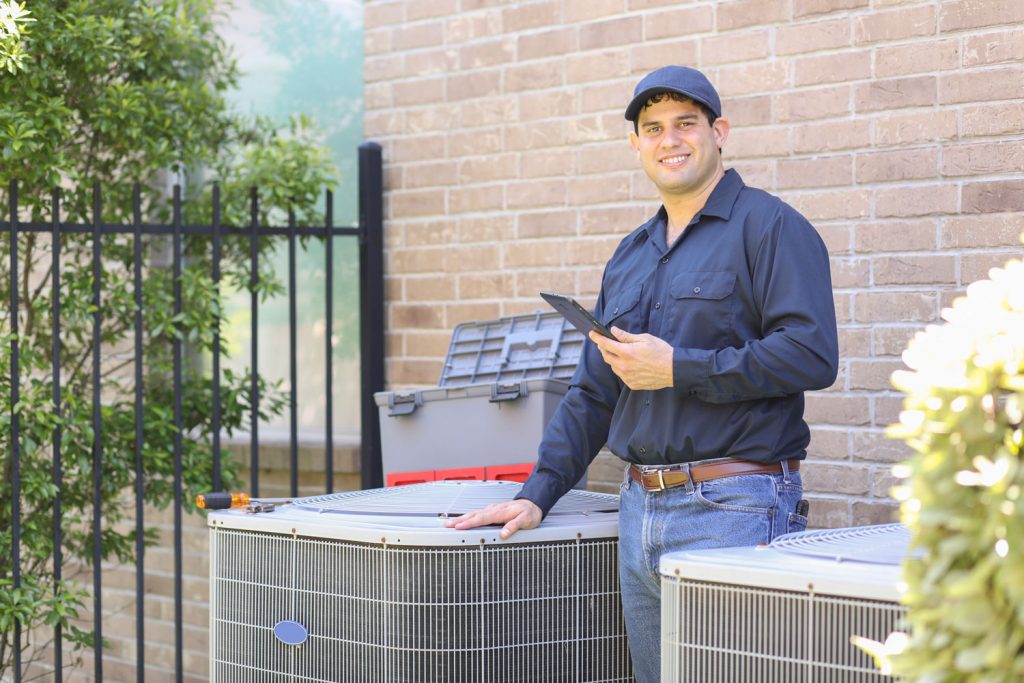
How do you pay for a heat pump?
If your unit is having issues, you may want to consider purchasing a new one. A new unit will not only save you money on your energy bills, but it will also last longer than an older model.
However, this might not be the answer if you do not have enough cash to pay for the unit. If this is the case, you could consider obtaining a loan or financing your purchase.
Another option would be to only replace the damaged part by paying out of pocket instead of buying a new complete system. This may also help reduce costs but make it more challenging to cool your home during hot seasons.
If you need help paying for a new system, contact your local HVAC professional and ask them about any rebates or discounts that they could offer. They should also explain what financing options might be available for you.
Final Thoughts
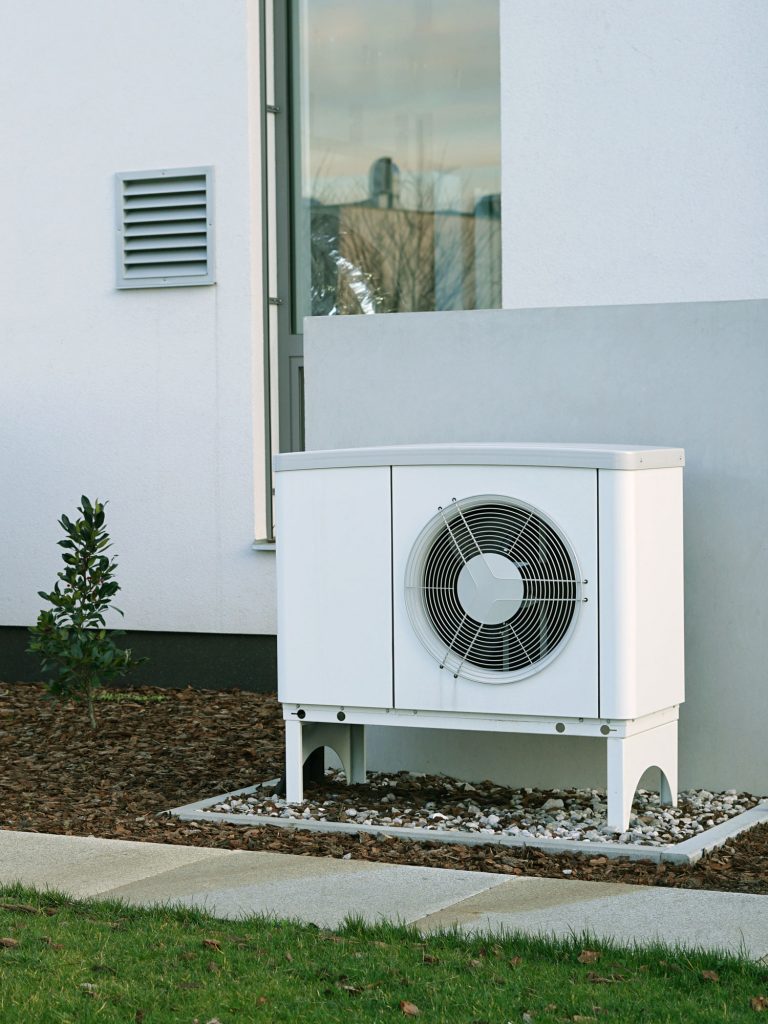
While it is normal for heat pumps to have some condensation dripping, it is a warning sign if there is an immense amount of water pooling from the unit. If this is the case, contact an HVAC specialist to inspect the issue.
For more articles like this one, then check out our website:
How To Clean A Heat Pump [Inc. Coil And Filter]
